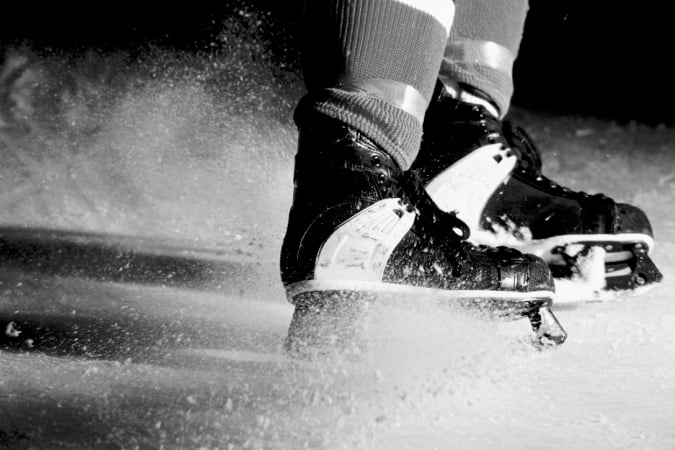
Ice Skating Tips: Improve Your Technique NowIce skating is a widely enjoyed sport in the US for people aged six years and above. The strength, control, and stability achieved through ice skating will keep your kid physically active. This might even encourage a kid to become an athletic ice skater who confidently performs in various competitions as they age. If your child shows interest in ice skating, your support will play a vital role in building a healthy attitude toward the sport. Here are some tips to help you support and coach your child to follow their passion for ice skating.
Build on Skating Moves at Home
Start by helping your child build on the fundamental skill set. You can teach them motions like jumps, spins, hopping, skipping, gliding, and stopping at home, even without ice.Encourage your child to start their morning with exercises and stretches. Seasoned ice skaters learn and practice balance on and off skates.Skating requires one to move their body and shift weight constantly. You will lose control and fall if you don’t have a good balance.
Strengthening the core is one easy way you can improve balance. Guide your kid in exercises like single-leg dumbbell presses, side lunges, and Cossack squats. A good stretching routine will also make your child more flexible, which helps minimize muscle imbalance and boost ice skating endurance and performance. Arm swings, front lunges, side lunges, trunk rotation, neck stretch, back rotation, and hamstring stretches greatly benefit figure skaters. Train your kid on how to fall and get up correctly to prevent injuries. Ask them to wear gloves, put their hands in front, and squat.
From this position, fall to the side and cushion yourself from impact with your butt, upper arm, and hip. Use your hands to reposition yourself and get up slowly, keeping the knees bent for stability.You can start this practice off snow, then move to the ice. Edges are fundamental skills for ice hockey. Work on developing good balance and strength on the edges of your blade.
Invest in the Right Gear
The right ice skating gear can make a difference in your skating skills. Start by getting your child the basic skating equipment like skating boots, comfortable, warm clothing, and blades.The skating boots and blades should be properly fitted to prevent injuries. They should fit snugly and offer enough ankle support. Dress your child in baggy clothes to allow for stretching.
Your child also needs layers of jackets and sweaters that they can remove once they warm up. Invest in warm gloves and well-fitting socks. They will also need to carry drinking water to the rink to stay hydrated and prevent muscle cramps.If you skate in an outdoor rink, you might need sunscreen and lip balm. Equip your kids with a helmet and hip, knee, and elbow pads for safety.
Get Some Lessons to Help the Ice Skater Learn the Ropes
If your child wants to start ice skating or wants to progress but feels stuck, encourage them to seek help from a skating coach. With professional help, your child will easily master how to skate forward, backward, and turn.
Learning to stop can be a bit hard off-ice, but a trainer will tailor the session to the child’s ability level and goals to accelerate their progress. They can also benefit from watching ice skating competitions online, instructional videos on problematic areas, and following ice skating coaches on social media platforms.There are numerous social networking forums where you can read beneficial posts about ice skating to improve your knowledge.
Provide Moral Support
A parent or guardian should be their child’s biggest fan. Your child will learn the sport faster, have more fun, and perform better if you play your role right as a parent or guardian.To help an ice skater learn the ropes, provide the right tools, give proper instructions, and encourage them to keep practicing. You can achieve this by planning for family ice skating events. Watch your child as they practice and provide encouragement.If your child tries their best but performs below their potential, avoid criticizing them. Introduce ice skating games to make the sport more fun for your child. This way, you give your kid a chance to improve their skills without getting bored.
Comments (0)